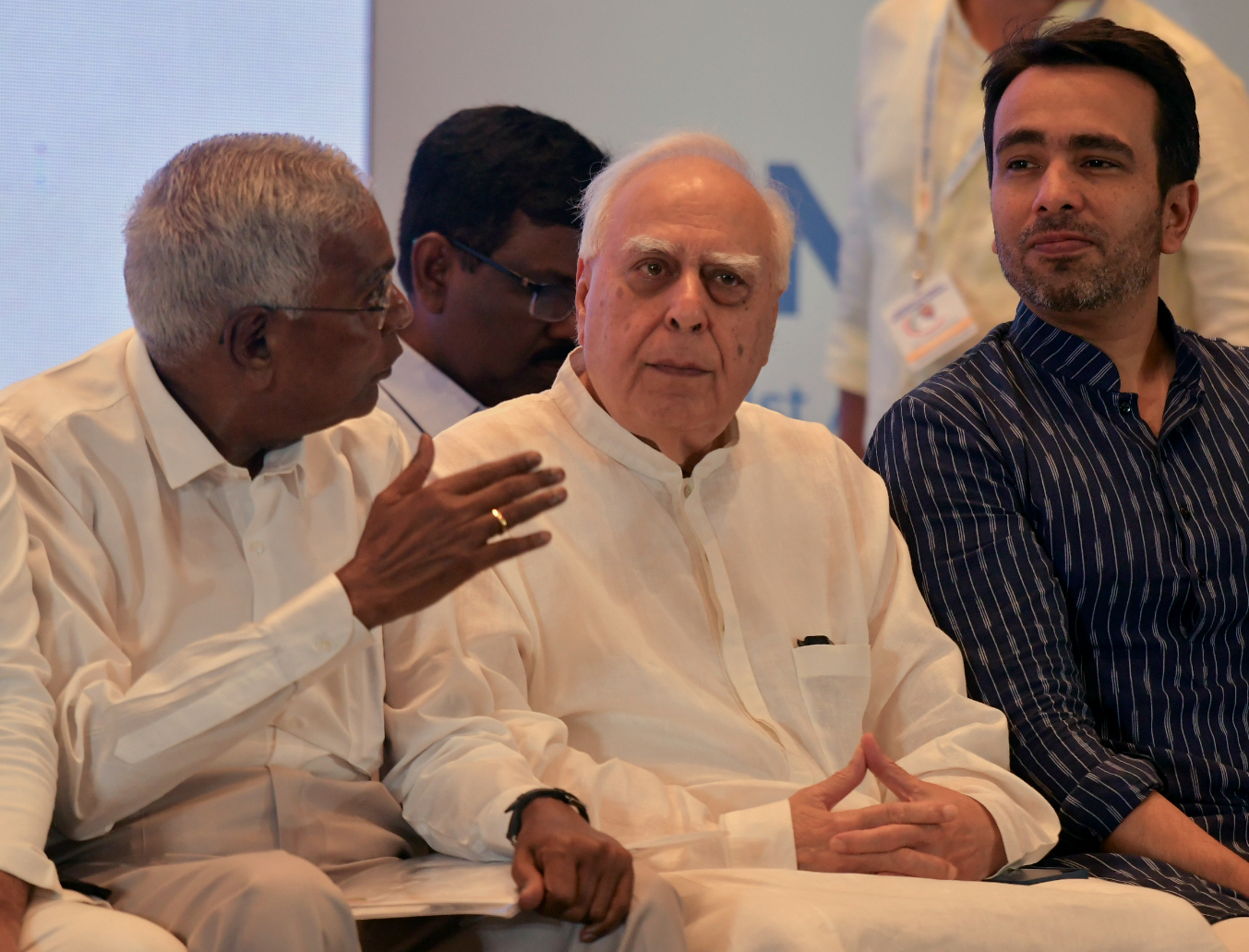The announcement of a midterm session of Parliament has caught everyone by surprise. First the timing. The announcement came at a time when the Opposition parties were meeting in Mumbai to chalk out a comprehensive seat sharing strategy for the 2024 elections. This was also a time when fresh revelations against the Adani group came out in the media, giving a new lease of life to the Opposition’s campaign of a nexus between the PM and the industrialist. But post the news of the special session, all this was lost from the headlines. So, is the Opposition right when it calls the session as a distraction to change the news narrative? Or could there be more to it? There are those who argue that the session could lead to a call for early elections, clubbing the Lok Sabha with the coming Assembly elections in Madhya Pradesh, Rajasthan, Mizoram, Chhattisgarh and Telangana. Apart from Rajasthan, the BJP is tipped to lose the others to regional parties and the Congress. Let’s assume for a moment this is correct—what will the BJP gain by holding the general elections along with the Assembly polls in these states? As the experience with Odisha and Andhra has shown, even if the elections are held simultaneously, people vote differently at state and at central levels. The other speculation is that the special session was being organised to bring in the Uniform Civil Code. While government sources have indicated that this is on the back burner for now, there is always the possibility that the Narendra Modi government has changed its mind. Even then, there is also nothing to be gained from implementing this decision in September instead of November (when Parliament is scheduled to meet for the winter session).Then why the tearing hurry to hold a midterm session? It couldn’t just be to facilitate the Prime Minister on a successful G20, for surely the PM and his team would not waste the taxpayers’ money for such a self-congratulatory exercise. As with all announcements by the Modi government, the suspense and speculation remains until D-Day.
The Guest who Gatecrashed
What made Kapil Sibal attend the Opposition’s meet in Mumbai? Of late the former Congress leader turned Rajya Sabha MP (with the Samajwadi Party’s support) has been very active in taking on the government. He has also been vocal in supporting Congress leader Rahul Gandhi, even though one of the reasons why Sibal parted with the Congress was that he did not agree with the latter’s leadership model. But, at a time when the I.N.D.I.A bloc is looking for a convener and leaders to help chalk out strategy, perhaps Sibal feels that he can contribute and is sharp enough to sense a chance to step back into the limelight. He does have good equations with most Opposition leaders, especially those facing the ED’s wrath.
However, his presence did not go down well with most Congress leaders present at the Mumbai meet and it was only after Rahul Gandhi said it was okay that Sibal was allowed to join the photo-op. A gesture that did well for Rahul Gandhi, showing that he is willing to step above personal politics in the interests of a larger goal—to defeat the BJP. Incidentally, if memory serves me right, the last leader who gatecrashed an Opposition meet was in 2009 when Amar Singh arrived at 10 Janpath for a UPA dinner hosted by Sonia Gandhi, uninvited. He tagged along with the former CPM leader Harkishen Singh Surjeet.
The Contenders and The Pretender
The I.N.D.I.A bloc made a wise decision in not going in for a convener but instead opting for a coordination committee in each state to work out the nuts and bolts of the alliance. This is the best and most workable option given the number of egos on board. Of course that hadn’t stopped the pretenders from throwing in their hat. While some of the names made sense, especially that of the Congress president Mallikarjun Kharge for he gets a lot of credit for stitching this alliance together, some names did make one wonder. For one, the Opposition leaders did well not to give convener status to Sharad Pawar for his own politics are suspect. Other contenders such as Mamata Banerjee and Arvind Kejriwal would have misused the opportunity to portray themselves as Prime Ministerial candidates. Declaring a PM face is something the Opposition has to avoid at all costs and in keeping with this strategy, Rahul Gandhi has already stated that he is not a candidate for the job. However, all these names have some political heft that made them serious contenders. The one name that made one wonder is the pretender whose name mysteriously surfaced as a serious candidate for the job of convener. Given that this pretender-turned-contender is known more for sowing dissent than consent, it’s amazing that his name was given any serious consideration at all, even though the candidature didn’t go beyond rumours and speculation in the media. Perhaps a lesson here for all the paper tigers—media management can take you this far and no further?

